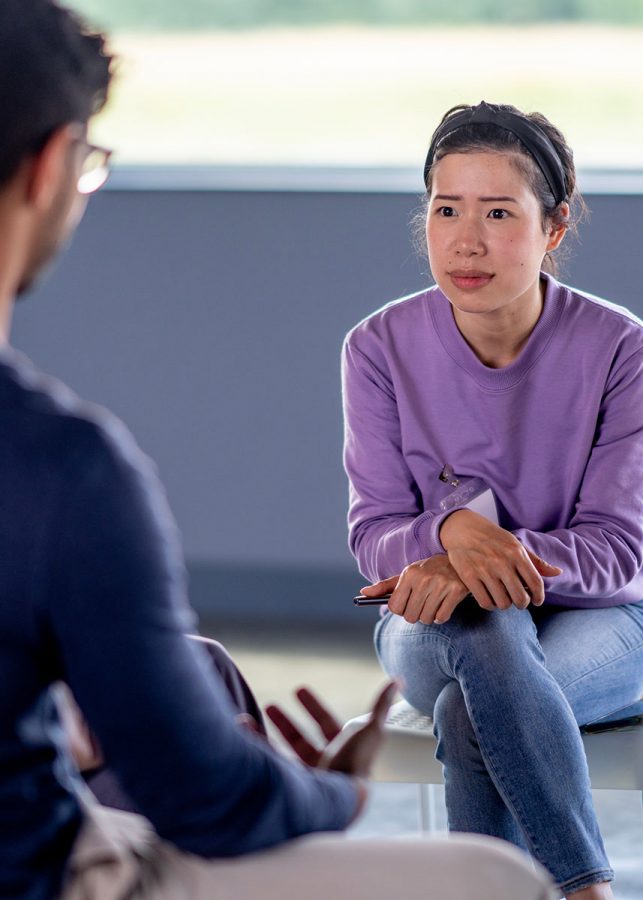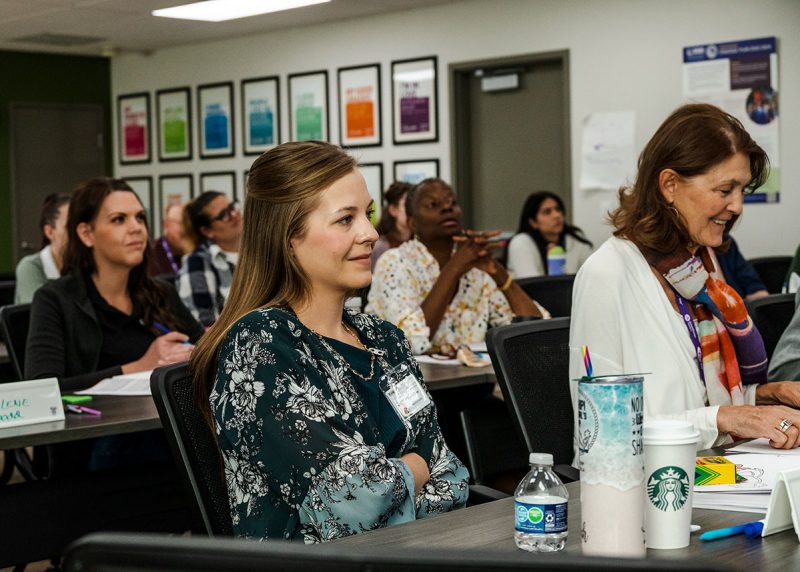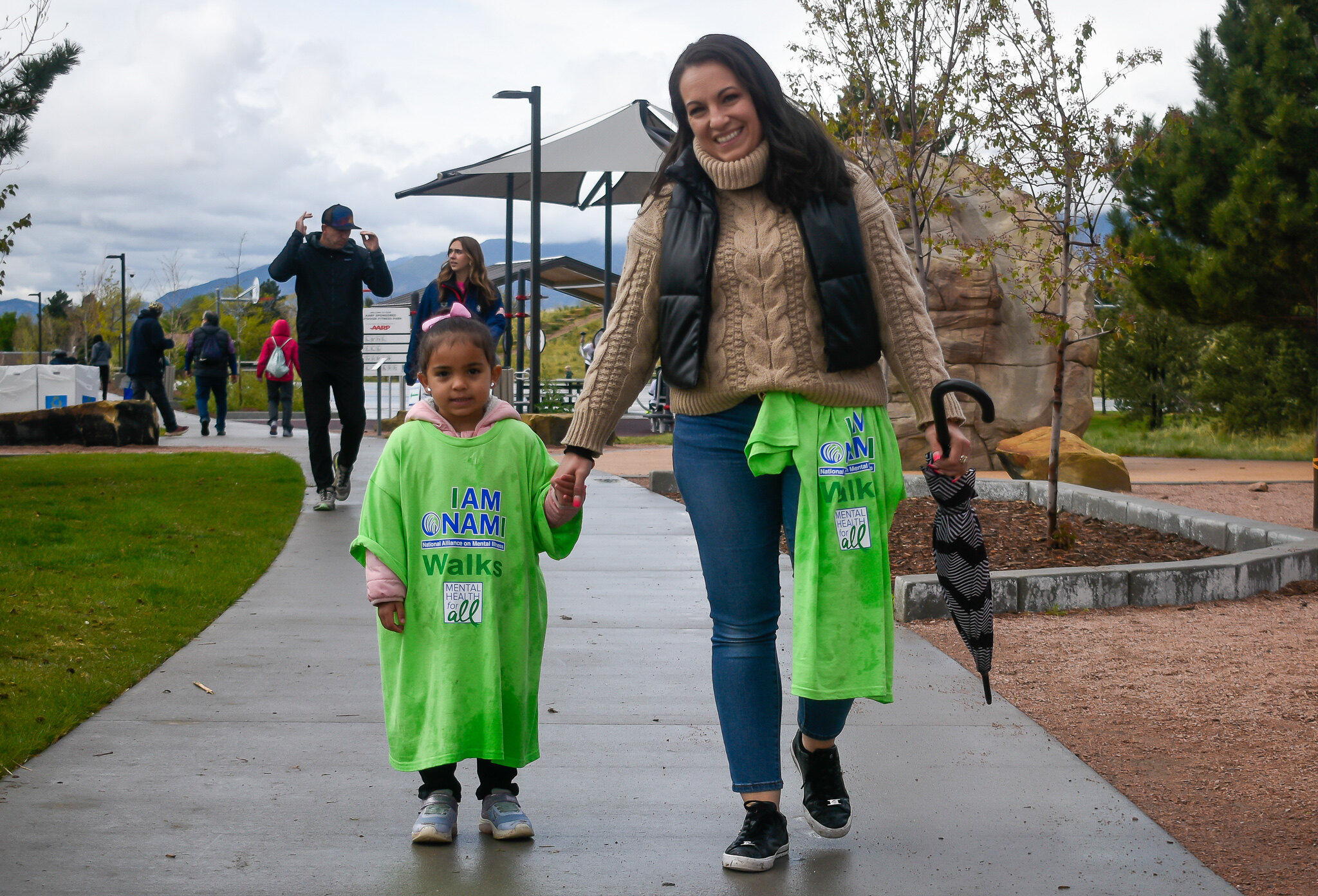What we do
Let's take on the challenges together
Navigating mental health conditions can be scary, confusing and exhausting. We’ve been there, and we’re here to help.



How we do it
Support groups
Usually scheduled weekly or monthly, there are drop-in NAMI support groups for individuals living with mental health conditions; for family members; and for specific populations.
Educational classes
With evidence-based curricula developed by NAMI’s national organization, classes like Family-to-Family and Peer-to-Peer cover diagnoses and treatments, coping and communication.
Community resources
Just as there are many aspects of mental health, there are many groups and tools to help manage it. Which is great … but can be overwhelming. We’ll help point you in the best direction(s).
Find the support that's right for you

Frequently Asked Questions
In a word, yes. NAMI’s national organization, based in Virginia, hooks us up with some program curricula and training support. But we’re a separate nonprofit focused on the Pikes Peak region.
Nope. We believe that no matter whether you have insurance or not, you should have access to care and community. No one at NAMI is billing anyone.
No. NAMI’s model is peer-based, not clinical. That said, we certainly encourage people to seek therapy if they are interested, and many have found our programs to be a powerful complement.
Support groups happen weekly, biweekly and monthly, and once you fill out our one-time registration form, you’re good to go. Classes tend to happen seasonally; check the pages for Family-to-Family, Peer-to-Peer, and Parents and Caregivers of Youth for the latest. If there’s something else we can help with, though, just call us at 719.473.8477 — we’re there from 9 to 5, weekdays.
The isolation and stress of the pandemic did affect a lot of people, and our program numbers have increased since 2020. We are grateful that more people are willing to reach out.